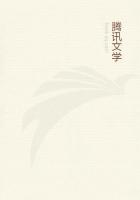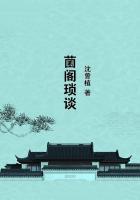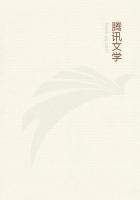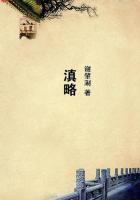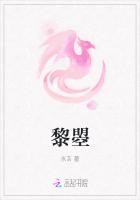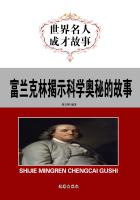Further, we say that all excellences depend upon particular relations. Thus bodily excellences such as health and a good state of body we regard as consisting in a blending of hot and cold elements within the body in due proportion, in relation either to one another or to the surrounding atmosphere: and in like manner we regard beauty, strength, and all the other bodily excellences and defects. Each of them exists in virtue of a particular relation and puts that which possesses it in a good or bad condition with regard to its proper affections, where by 'proper' affections I mean those influences that from the natural constitution of a thing tend to promote or destroy its existence. Since then, relatives are neither themselves alterations nor the subjects of alteration or of becoming or in fact of any change whatever, it is evident that neither states nor the processes of losing and acquiring states are alterations, though it may be true that their becoming or perishing is necessarily, like the becoming or perishing of a specific character or form, the result of the alteration of certain other things, e.g. hot and cold or dry and wet elements or the elements, whatever they may be, on which the states primarily depend. For each several bodily defect or excellence involves a relation with those things from which the possessor of the defect or excellence is naturally subject to alteration: thus excellence disposes its possessor to be unaffected by these influences or to be affected by those of them that ought to be admitted, while defect disposes its possessor to be affected by them or to be unaffected by those of them that ought to be admitted.
And the case is similar in regard to the states of the soul, all of which (like those of body) exist in virtue of particular relations, the excellences being perfections of nature and the defects departures from it: moreover, excellence puts its possessor in good condition, while defect puts its possessor in a bad condition, to meet his proper affections. Consequently these cannot any more than the bodily states be alterations, nor can the processes of losing and acquiring them be so, though their becoming is necessarily the result of an alteration of the sensitive part of the soul, and this is altered by sensible objects: for all moral excellence is concerned with bodily pleasures and pains, which again depend either upon acting or upon remembering or upon anticipating. Now those that depend upon action are determined by sense-perception, i.e. they are stimulated by something sensible: and those that depend upon memory or anticipation are likewise to be traced to sense-perception, for in these cases pleasure is felt either in remembering what one has experienced or in anticipating what one is going to experience. Thus all pleasure of this kind must be produced by sensible things: and since the presence in any one of moral defect or excellence involves the presence in him of pleasure or pain (with which moral excellence and defect are always concerned), and these pleasures and pains are alterations of the sensitive part, it is evident that the loss and acquisition of these states no less than the loss and acquisition of the states of the body must be the result of the alteration of something else. Consequently, though their becoming is accompanied by an alteration, they are not themselves alterations.
Again, the states of the intellectual part of the soul are not alterations, nor is there any becoming of them. In the first place it is much more true of the possession of knowledge that it depends upon a particular relation. And further, it is evident that there is no becoming of these states. For that which is potentially possessed of knowledge becomes actually possessed of it not by being set in motion at all itself but by reason of the presence of something else: i.e. it is when it meets with the particular object that it knows in a manner the particular through its knowledge of the universal. (Again, there is no becoming of the actual use and activity of these states, unless it is thought that there is a becoming of vision and touching and that the activity in question is similar to these.) And the original acquisition of knowledge is not a becoming or an alteration: for the terms 'knowing' and 'understanding' imply that the intellect has reached a state of rest and come to a standstill, and there is no becoming that leads to a state of rest, since, as we have said above, change at all can have a becoming.
Moreover, just as to say, when any one has passed from a state of intoxication or sleep or disease to the contrary state, that he has become possessed of knowledge again is incorrect in spite of the fact that he was previously incapable of using his knowledge, so, too, when any one originally acquires the state, it is incorrect to say that he becomes possessed of knowledge: for the possession of understanding and knowledge is produced by the soul's settling down out of the restlessness natural to it. Hence, too, in learning and in forming judgements on matters relating to their sense-perceptions children are inferior to adults owing to the great amount of restlessness and motion in their souls. Nature itself causes the soul to settle down and come to a state of rest for the performance of some of its functions, while for the performance of others other things do so: but in either case the result is brought about through the alteration of something in the body, as we see in the case of the use and activity of the intellect arising from a man's becoming sober or being awakened. It is evident, then, from the preceding argument that alteration and being altered occur in sensible things and in the sensitive part of the soul, and, except accidentally, in nothing else.

